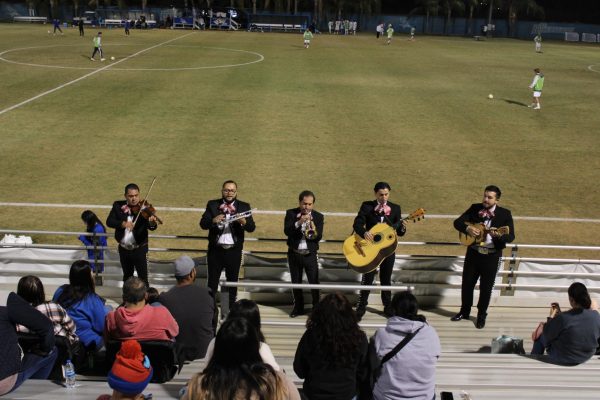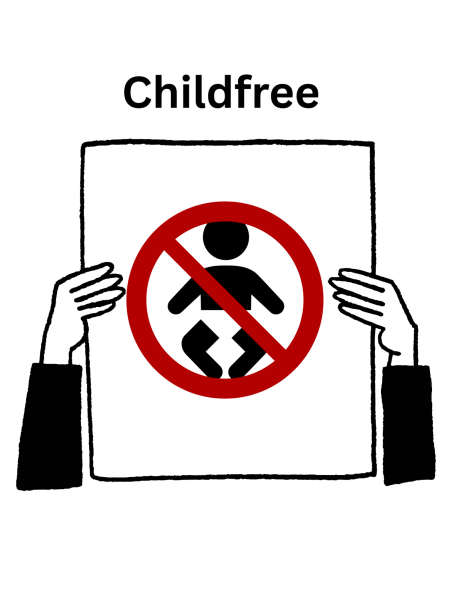Opinion: COVID-19 and the downfall of college students’ mental health
September 17, 2020
In the midst of a pandemic, students are expected to simultaneously balance the rigorous demands of courses and their health. The combination of college and COVID-19 is collectively harming student’s mental health. We must acknowledge and prioritize the mental well-being of all students in order to lead them to a brighter future of both happiness and success.
Before the pandemic, students already carried excessive amounts of stress that diminished their mental health. According to the American College Health Association, “Over the past year, 87% of college students felt overwhelmed by all they had to do, 66% felt overwhelming anxiety, 56% felt things were hopeless and 13% seriously considered suicide.”
Following the occurrence of the pandemic, students faced a multitude of additional stressors that resulted from the drastic changes in both their educational and personal lives. According to the Kaiser Family Foundation, “47% percent of those sheltering-in-place reported negative mental health effects resulting from worry or stress related to the coronavirus.”
This means students are now facing the dilemma of balancing their academic demands and their own safety from the virus. This sense of worry includes protecting family from contracting the virus.
According to the Healthy Minds Network and the American College Health Association, “64.4 percent [of students] say they are ‘very’ or ‘extremely’ concerned about a person they care about contracting COVID-19.”
In other words, students hold the responsibility of worrying for their own health and the equivalent well-being of family while meeting educational needs.
In adjusting to the new norms of virtual learning, students are deprived of social interaction and engagement with peers.
Research has shown that social isolation is linked to poor mental and physical health.
This isolation from the outside world, and lack of engagement with other individuals, leaves students feeling a greater sense of loneliness than before the onset of the pandemic.
Students are also facing the conflict of income security as the pandemic has threatened the safety of countless jobs.
“Job loss is associated with increased depression, anxiety, distress, and low self-esteem; and may lead to higher rates of substance use disorder,” according to the Kaiser Family Foundation.
In the same way students are expected to meet the deadline of an assignment in class, students are expected to meet all required school payments while combatting job loss in a pandemic. Student mental health is consequently affected as students become overwhelmed with balancing academic demands, financial responsibilities and personal health.
As a result of these stressors, students are experiencing depletions in academic performance.
According to the Healthy Minds Network and American College Health Association, “30.5% compared to 21.9% the prior fall-reported that their mental health negatively affected their academic performance.”
This means that both the coronavirus and various strains on mental health are negatively impacting the grades of students; thus, the mental health of students is further declined by the outcome of poor grades.
“Of the 41.8% of students who attempted to seek mental health care during the pandemic, 23.3% said it had been ‘much more difficult’ to access care,” according to the Healthy Minds Network and American College Health Association.
To put it another way, the limitations of the pandemic have caused students to find greater difficulty in seeking the help they need.
The aforementioned statistics illustrate that students are carrying the weight of various stressors on their shoulders. These stressors prevent students from reaching their academic potential and ultimately decline their performance.
It is imperative that both faculty and students acknowledge these statistics. In doing so, students will gain the time they need to care and seek aid for their mental health.
This prioritization of mental health will encourage students to seek the help they need and, as a result, improve both mental health and academic performance.
Some may argue that college does not harm student mental health due to the educational distractions that courses provide for students. However, college and the coronavirus are harming student mental health by demanding more than students can give. As students are expected to dedicate their full attention to their studies, students are equally expected to survive a global pandemic.
In acknowledging the previous statistics, it is clear that college and the coronavirus are collectively harming student mental health. If we prioritize the mental well-being of all students, they will reach both happiness and academic success.
Given the statistics, you are not alone. You do not have to face these challenges by yourself. Although you may feel embarrassed or afraid to reach out, it is essential to know that there are counselors awaiting your call and will do so without judgement.
If you need help, call the CSUB Counseling Center today at (661) 654-3366.







